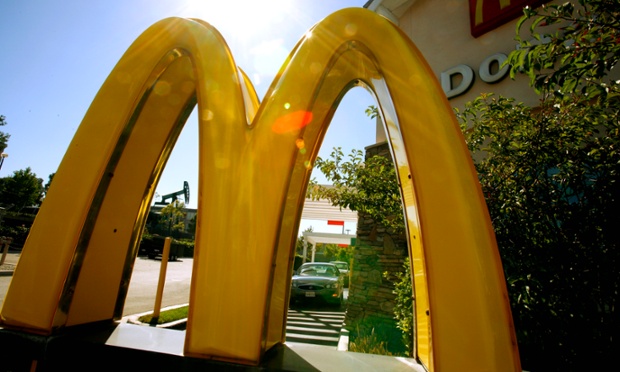Amid funding shortages, American colleges are turning to international students, who offer a lifeline to cash-strapped U.S. state schools.
Questions:
1. How many international students were enrolled in U.S. Universities last year?
2. What percent increase have universities seen in the enrollment of international students since the 2005/2006 school year?
3. Discuss what is happening to the financial reliance on tuition for state schools from the 1990s to the present day.
Source:
Yadoo, J. (2016). Foreign Students Offer Lifeline to Cash-Strapped U.S. State Schools. Bloomberg News, Dec. 29 (Retrievable online at https://www.bloomberg.com/news/articles/2016-12-29/foreign-students-offer-lifeline-to-cash-strapped-u-s-state-schools)

















